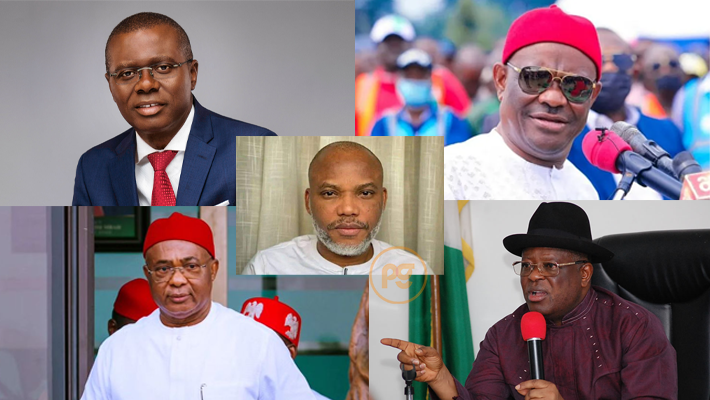
By: Chioma Madonna Ndukwu
Nnamdi Kanu Opens Defence, Calls Wike, Umahi, Buratai, Others to Testify
The detained leader of the Indigenous People of Biafra (IPOB), Nnamdi Kanu, has taken a major step in his ongoing trial by declaring his readiness to open his defence before the Federal High Court in Abuja.
Kanu, who has been in the custody of the Department of State Services (DSS) since his extradition from Kenya in 2021, informed the court on Tuesday that he intends to call 23 witnesses, including several prominent Nigerian political and military figures.
Among those listed as witnesses are the Minister of the Federal Capital Territory, Nyesom Wike; Minister of Works, Dave Umahi; former Chief of Army Staff, Lt. Gen. Tukur Buratai (rtd); former Minister of Defence, Gen.
Theophilus Danjuma (rtd); Lagos State Governor, Babajide Sanwo-Olu; and Imo State Governor, Hope Uzodinma. Others include former Abia State Governor, Okezie Ikpeazu, and former Attorney General of the Federation, Abubakar Malami (SAN).
In a motion he personally filed, Kanu stated that his witnesses fall into two groups — “ordinary but material” witnesses and “vital and compellable” witnesses — who would be summoned under Section 232 of the Evidence Act, 2011.
He also sought a 90-day period to conclude his defence, pledging that the process would not waste the court’s time.
Kanu further told the court that he would testify on his own behalf to deny the charges against him and explain the political motivations behind his actions and statements.
His latest move came shortly after a protest led by activist Omoyele Sowore in Abuja demanding his release.
During the protest, Kanu’s special counsel, Aloy Ejimakor, and 12 others were arrested and charged with offences including criminal conspiracy and inciting public disturbance. A magistrate later ordered that they be remanded in Kuje Correctional Centre until October 24.
Nnamdi Kanu has been facing trial for alleged terrorism and treasonable felony since 2015 over his leadership of the secessionist IPOB movement.
After fleeing Nigeria in 2017 following a military operation at his home, he was re-arrested in Kenya and brought back to Nigeria in 2021.
His detention and prolonged trial have sparked repeated protests and political debates across the country, especially in the South-East region, where his supporters continue to call for his unconditional release.



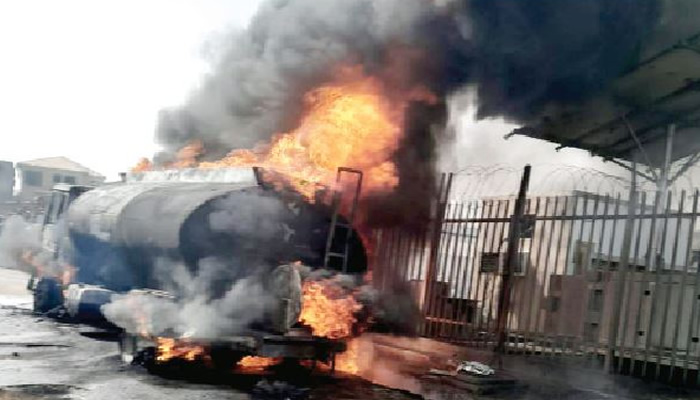 Nigeria Mourns as Over 30 Killed, Scores Injured in Niger State Tanker Explosion
Nigeria Mourns as Over 30 Killed, Scores Injured in Niger State Tanker Explosion 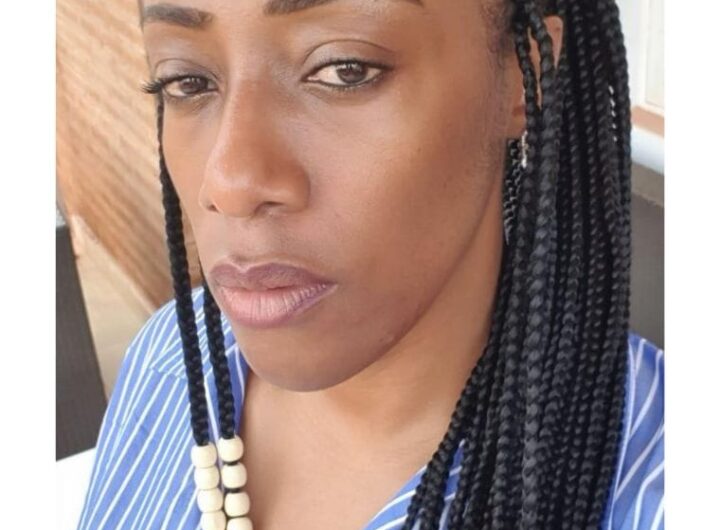 Mind the Gap: Why Nigeria Must Confront Its Dyslexia Crisis
Mind the Gap: Why Nigeria Must Confront Its Dyslexia Crisis  LASG to Launch Omi Eko project at Five Cowries Terminal
LASG to Launch Omi Eko project at Five Cowries Terminal 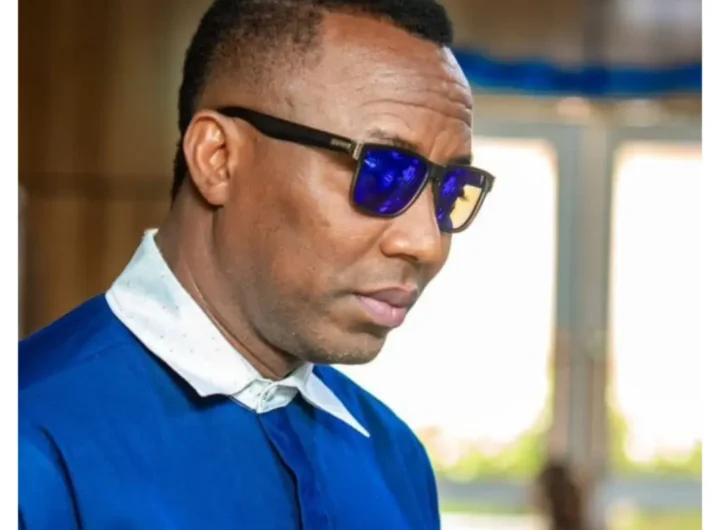 Sowore: South-East Politicians in Nigeria Blocking Nnamdi Kanu’s Release to Save Their Careers
Sowore: South-East Politicians in Nigeria Blocking Nnamdi Kanu’s Release to Save Their Careers 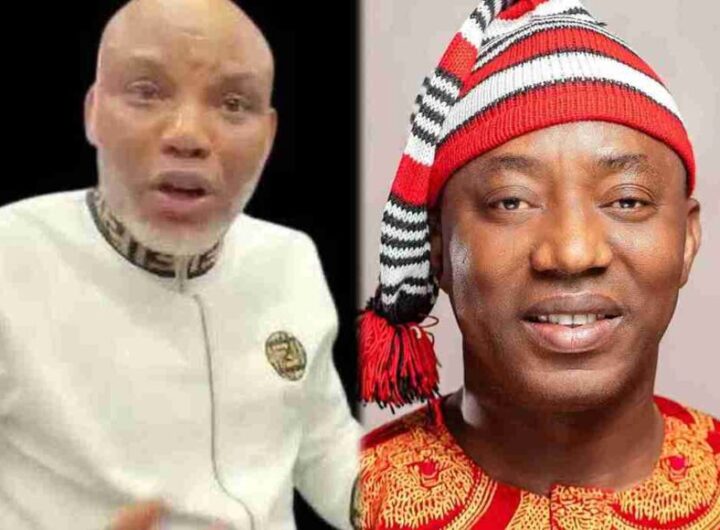 Sowore Challenges Soludo, Otti, Abaribe, Obi to Join Peaceful March for Nnamdi Kanu’s Release
Sowore Challenges Soludo, Otti, Abaribe, Obi to Join Peaceful March for Nnamdi Kanu’s Release 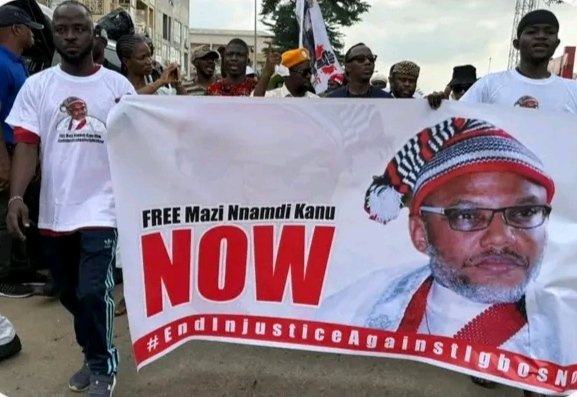 Nigeria’s Battle Over Nnamdi Kanu’s Freedom Turns the Courtroom into the New Protest Ground
Nigeria’s Battle Over Nnamdi Kanu’s Freedom Turns the Courtroom into the New Protest Ground 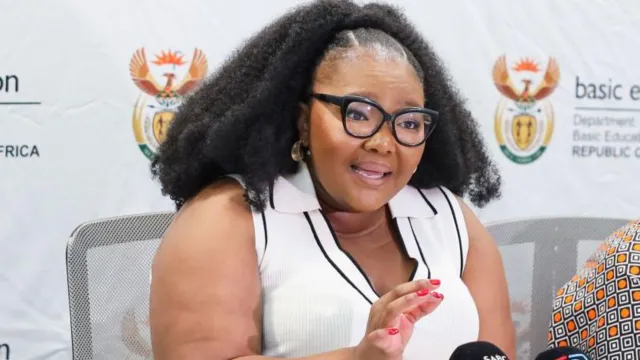 Eight Pupils Suspended After Brutal Bullying Video Sparks National Outrage in South Africa
Eight Pupils Suspended After Brutal Bullying Video Sparks National Outrage in South Africa 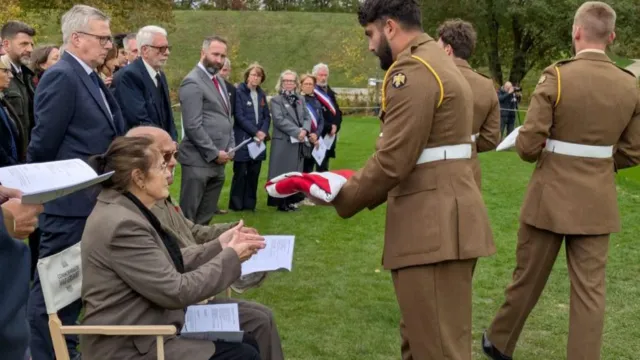 108 Years On: WWI Soldiers Finally Laid to Rest with Full Military Honours in France
108 Years On: WWI Soldiers Finally Laid to Rest with Full Military Honours in France